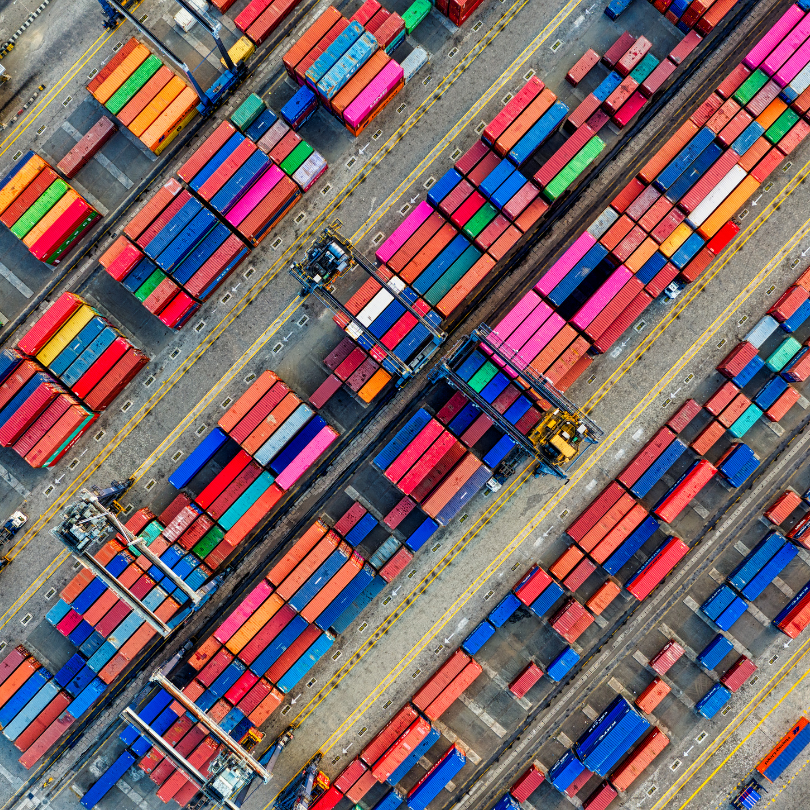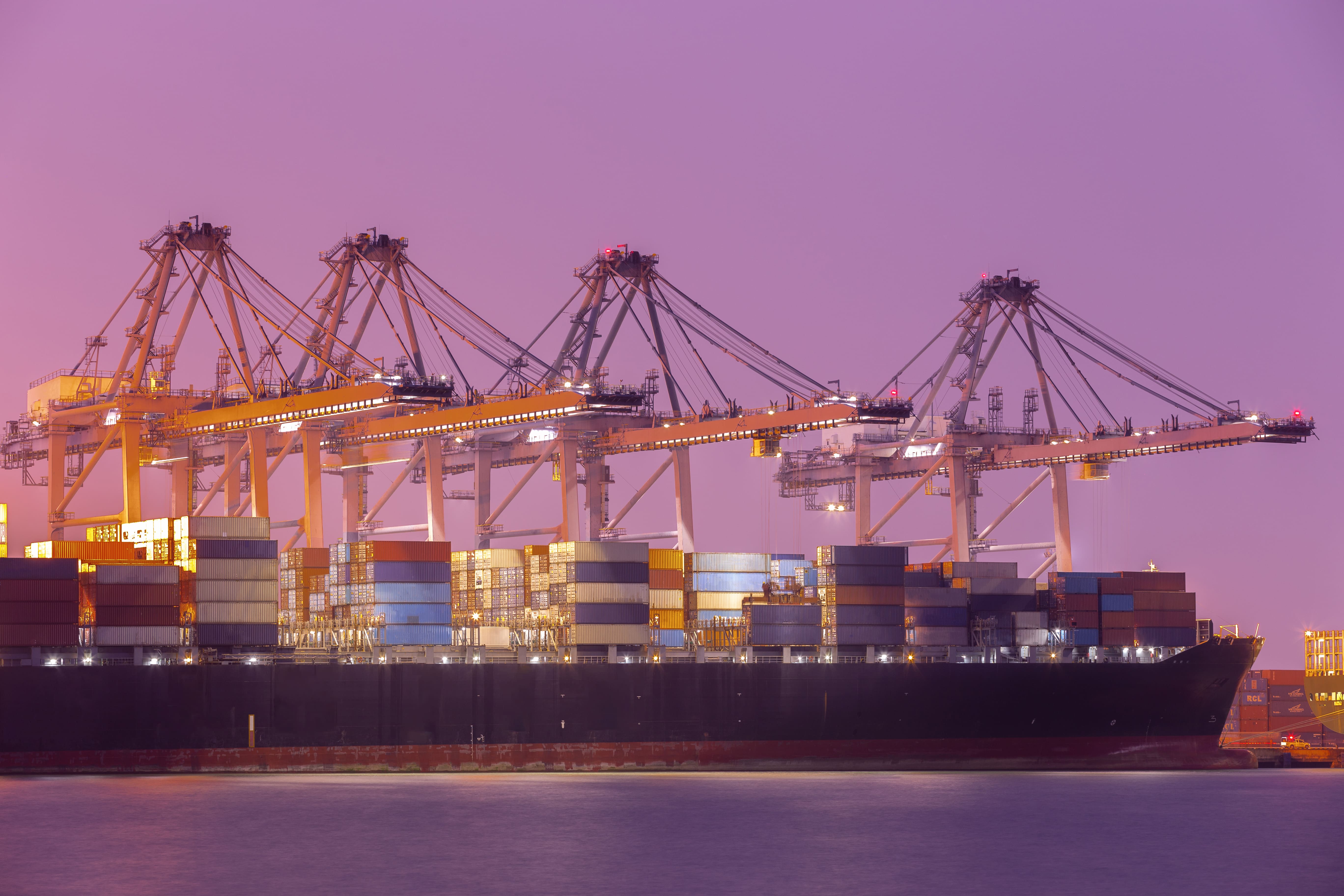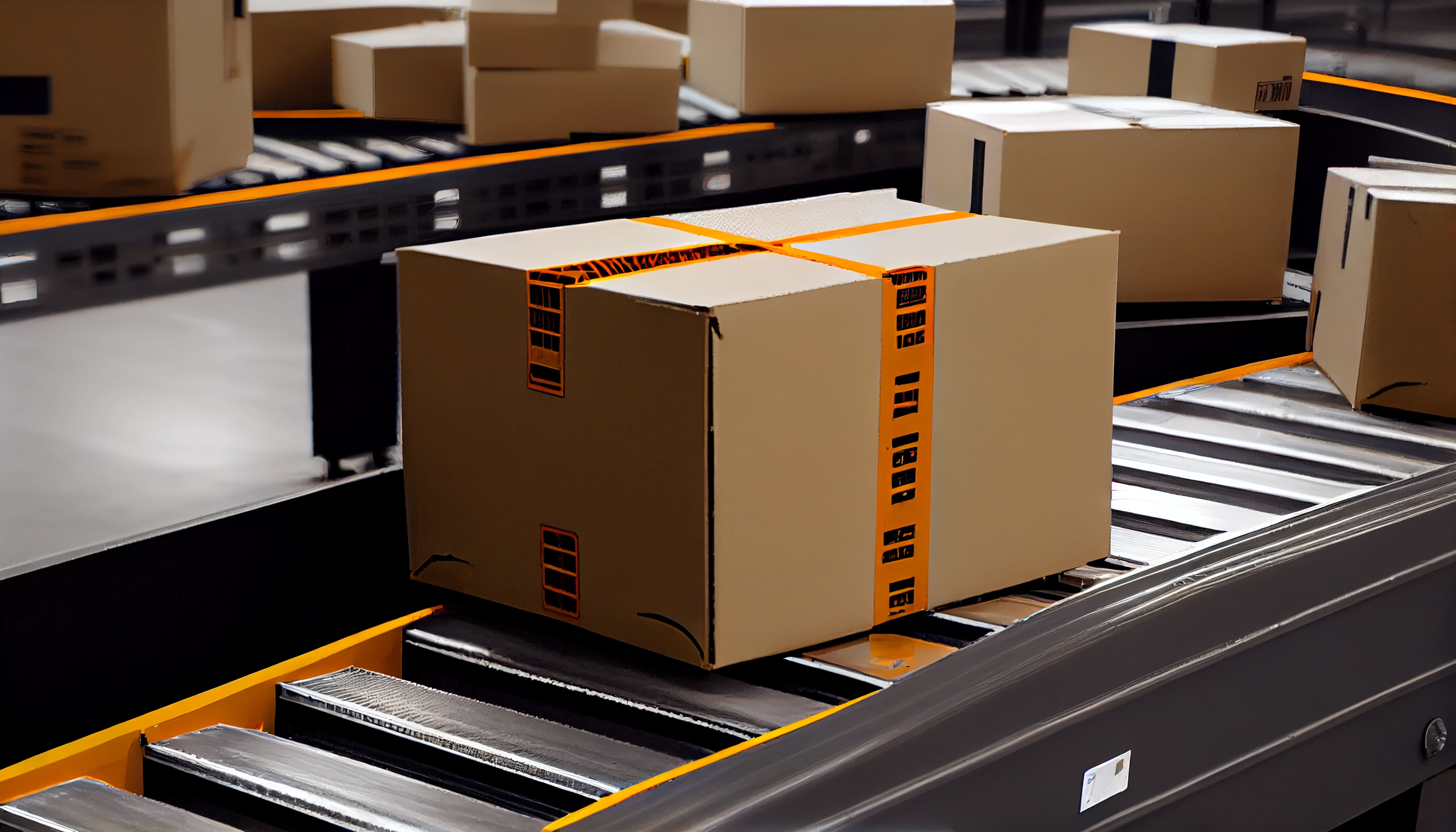International Trade: Global Integration and Future Perspectives

International trade plays a vital role in the global economy, serving as a key factor in the exchange of goods and services between countries. This form of trade not only stimulates economic development but also strengthens international relationships and provides access to diverse markets. However, international trade also faces numerous challenges. In this article, we will explore the fundamental principles, significance, and future prospects of international trade.
The Importance of International Trade
Economic Growth and Prosperity
International trade strengthens the economies of countries and accelerates their development. Traditionally, each country tries to produce the goods it needs, but this approach is often inefficient. Through international trade, countries can obtain products they do not produce and sell their products to foreign markets. This also leads to the creation of more diverse production opportunities and increases production efficiency.
Technology Transfer and Innovation
International trade plays a crucial role in the spread of technology. When a country exports goods and services to foreign markets, it also adopts more advanced production technologies, innovations, and methods. As a result, developing countries also apply new technologies, which boosts their production efficiency and makes them more competitive in the global market.
Job Creation and Expansion of Trade Relations
International trade has a significant impact on job creation. As trade relations expand, new production sectors emerge, and the service sector also grows. Companies that gain access to international markets are required to produce more, thus demanding more labor force.
Challenges and Difficulties in International Trade
Trade Wars and Economic Sanctions
International trade can lead to trade wars and reciprocal economic sanctions. Trade disputes and political tensions between different countries can significantly impact trade. In such cases, trade is hindered, and markets experience instability, which can cause substantial economic losses for the trading countries.
Customs Issues and Trade Barriers
In international trade, some countries may impose strict customs regulations and trade barriers. These barriers hinder the free movement of goods and services and cause delays in trade operations. Trade barriers can pose greater problems for developing countries, in particular.
Currency Risks and Economic Stability
Currency exchange rates also play a key role in international trade. Currency risks can destabilize trade operations and force traders to account for additional risks when making trade agreements. Moreover, issues related to economic stability can also impact international trade, as global economic crises weaken trade operations.
The Future of International Trade
International trade is rapidly evolving with technological advancements and the demands of the global economy. In the future, international trade relations will be accelerated by the application of digital technologies, automation, and artificial intelligence. The rise of e-commerce, as well as the strengthening of global logistics networks, will make international trade more agile and efficient.
Digital Trade and the Rise of E-Commerce
With the advancement of technology, e-commerce is expected to see significant growth in the coming years. Online trade platforms allow customers to purchase products from anywhere in the world. In the future, international trade will become increasingly digital, and borders will become less relevant. This will create new opportunities for global businesses.
Green Trade and Sustainable Development
Environmental concerns will also play a significant role in the future of international trade. Green trade, sustainable development, and the production of environmentally-friendly goods will become more important. This will make trade operations more sustainable and environmentally friendly.
Development of Global Supply Chains
More flexible and resilient global supply chains will support the growth of international trade. More integrated and globalized production networks will enable products to reach the market more quickly and efficiently.
International trade is a central element of the global economy and offers significant opportunities for continuous development. However, this sector also faces serious challenges. The future of international trade is closely linked to the advancement of technology and the strengthening of global collaboration. The digitization of trade operations, environmental protection, and access to new markets will have a positive impact on the development of international trade.






